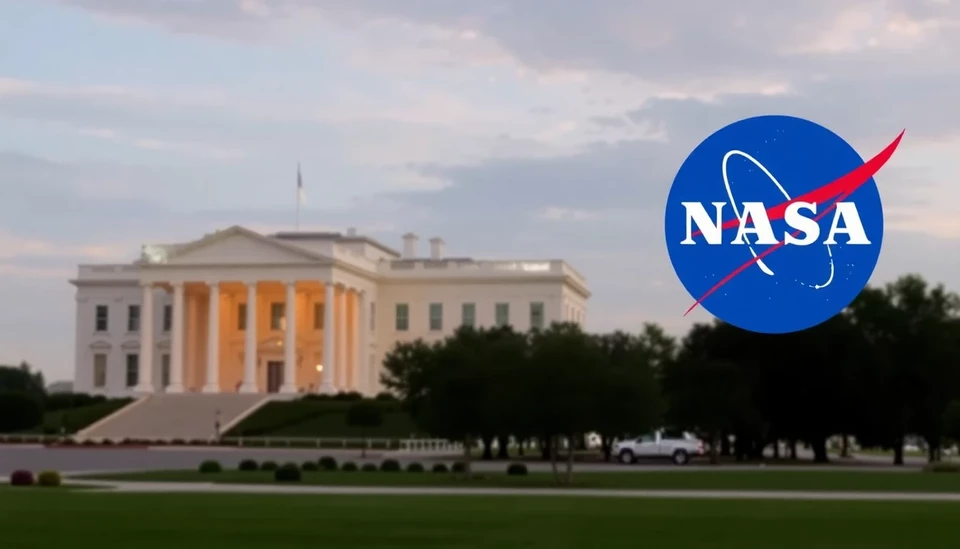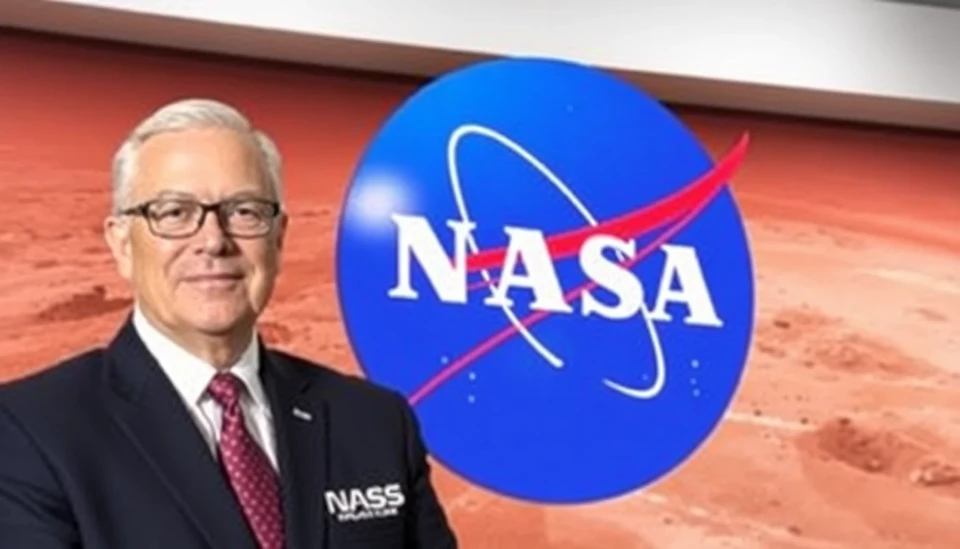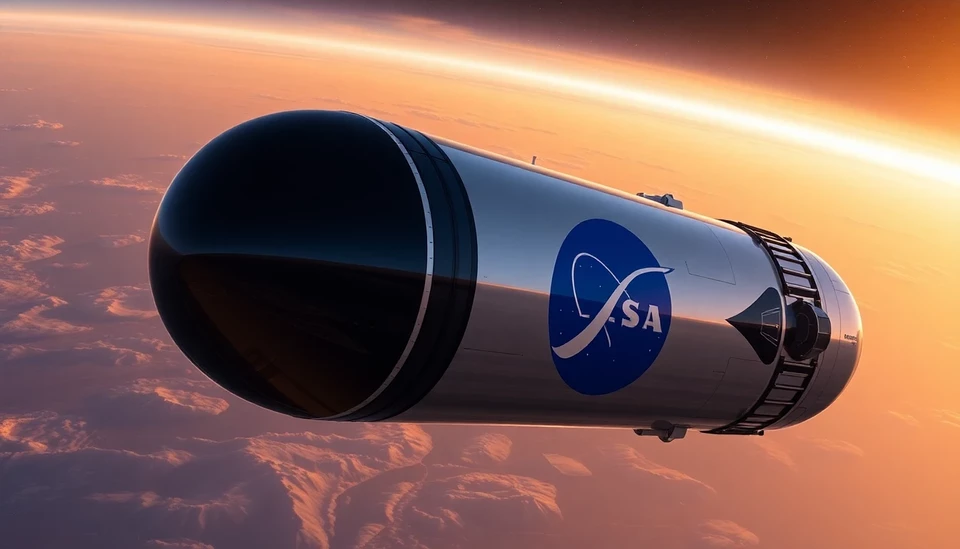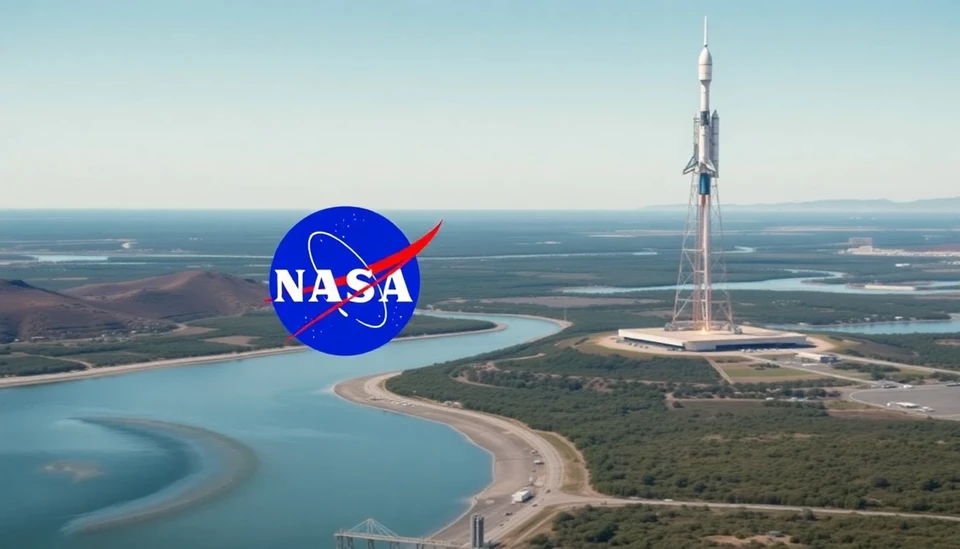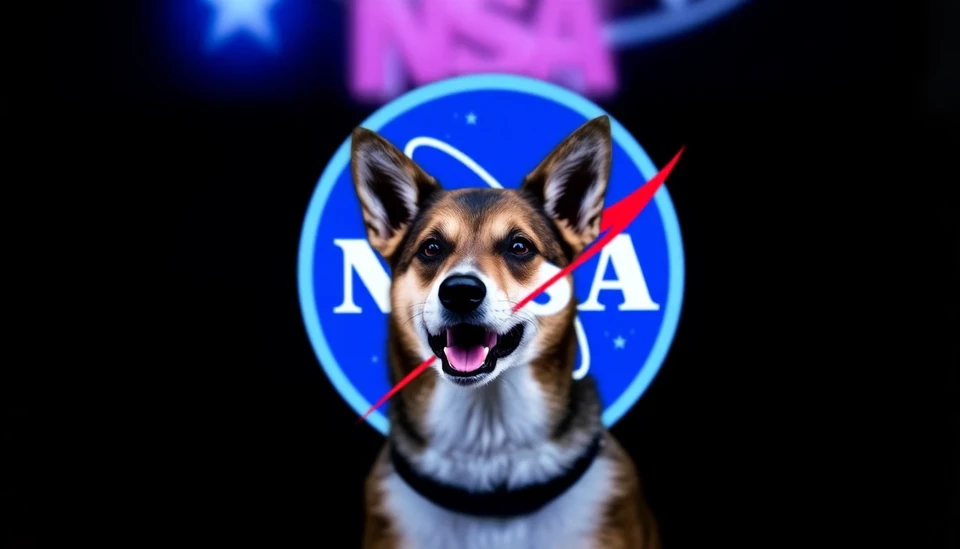
In a recent controversy, Democratic lawmakers have raised concerns about alleged preferential treatment extended to staff members involved with the Dogecoin community who reportedly received unlimited access to NASA facilities. This unusual arrangement has sparked debates about transparency and fairness within government agencies.
The allegations surfaced after an internal memo highlighted that Doge staffers were granted continuous access to NASA’s research centers and key resources. Sources indicate that this access was intended to foster innovation through collaborations between the space agency and members of the cryptocurrency community.
Critics have voiced their discontent, questioning whether such access should be reserved for traditional scientific research teams rather than being open to speculative projects tied to meme coins. Lawmakers are particularly concerned that this may compromise the integrity of NASA's mission and lead to a misallocation of resources.
Amid mounting scrutiny, NASA officials defended the initiative, claiming it was part of a broader strategy to engage with emerging technologies and harness the enthusiasm of young innovators. They emphasized that the decision was made with careful consideration of potential benefits to scientific developments, particularly in areas like blockchain technology and its applications.
Congressional inquiries into the nature of the partnership have intensified, with calls for hearings to uncover the details of how the arrangement came to be. Some members of Congress are pushing for stricter regulations around who gets access to critical government institutions, asserting that prioritizing cryptocurrency enthusiasts over seasoned researchers is fundamentally misguided.
The discourse around this issue taps into larger conversations about the government's relationship with the cryptocurrency sector, where the balance between innovation and regulation remains a contentious subject. As lawmakers deliberate the implications of such partnerships, the wider public remains divided on whether engagement with the Dogecoin community is a step forward or a distraction from NASA's primary goals.
This development is bound to provoke discussions not only within the corridors of congressional power but also among technology enthusiasts and skeptics alike, highlighting the intricate connection between emerging digital currencies and traditional scientific exploration.
As this story unfolds, it will certainly attract attention from various stakeholders, ranging from cryptocurrency advocates to NASA’s scientific community, each with a vested interest in the impact these partnerships could have on future research endeavors.
With this matter still developing, all eyes will be on forthcoming statements from both lawmakers and NASA officials as they navigate through the challenges posed by this unexpected blend of technology and space exploration.
For now, the questions surrounding this issue linger: Should space agencies engage more deeply with emerging technologies? Is there a risk of losing sight of scientific integrity in the face of innovation? The answers may redefine not just NASA's collaborative strategies but also its foundational principles.
Stay tuned for further updates as we continue to follow this story closely.
#NASA #Dogecoin #Cryptocurrency #Politics #Innovation #SpaceExploration
Author: John Harris
